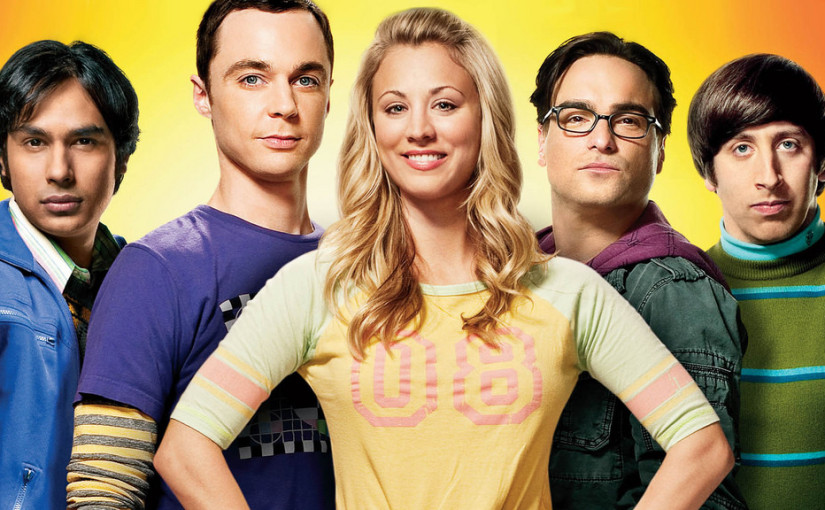When The Big Bang Theory first premiered, I watched it with a lot of hope.
It had science script checkers and sought to bring the nerdy culture of physics into the mainstream. My wife (then girlfriend) and I started watching it while we were both undergrads – me in engineering physics and she in physics. While it’s predominantly male cast and token ditzy blonde was problematic from the start, it was relatable for us and our friends. Even if none of us were a Leonard, Sheldon, Raj, or Howard, we saw bits of each of those characters in each of us. Even Penny started to develop into a rounded character and slowly they introduced a couple female scientists. Overall, it was good.
But it’s moved so far from that. Many of our friends gave up on it years ago as the show drifted toward the lowest common denominator. The physics jokes are almost entirely gone and the humour is more about laughing at the gang for being nerdy and socially awkward than the humour in the situations they get into.
This latest episode – the ninth season premier at that – reached an incredible new low though. Amy’s escape from her joyless relationship with Sheldon was seen by Sheldon as an indictment on half the population. The script writers then chose to run with that “gag” through the entire episode. In one scene Sheldon is creeping in a window because he wanted to pressure Amy into getting back together with him. By the end he’s saying that the only good woman is scientist Marie Curie but she was “an honorary man because she had a penis made of science.”
Not to be outdone on the creep-factor, comic book store owner Stuart’s gag was to instantly prey on every female character as soon as he had a hint that she might be single. Meanwhile Leonard follows up his elopement to Penny by revealing that he works with a woman he cheated on Penny with and then offers sex as a means to distract her.
Given the deep systemic issues faced by women in science, there’s no forgiveness for this show to stoop to this level. What could be a way to make science cool, fun, and engaging has instead just become offensive for its misogyny, its disservice to the incredible women in science, and for perpetuating cruel stereotypes about men in science.
I feel betrayed.


